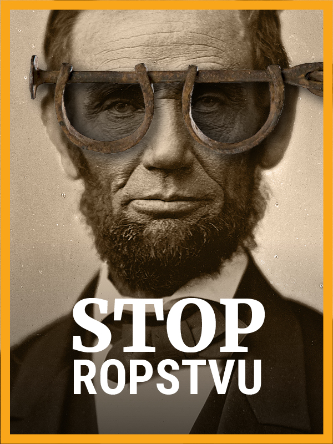
Abolition of slavery
Slavery is defined as dependence or obedience to someone or something, and is based on a legal, moral and ideological idea. In the slave-owning system, the master is the person who manages the life and activities of the slave, demanding from him total devotion in all fields of life. Such a relationship leaves the slave deprived of human rights and freedoms, and first of all the primary right to life and one's own existence. This type of interpersonal relations led to the outbreak of civil war first in the United States, and resulted in the total abolition of slavery.
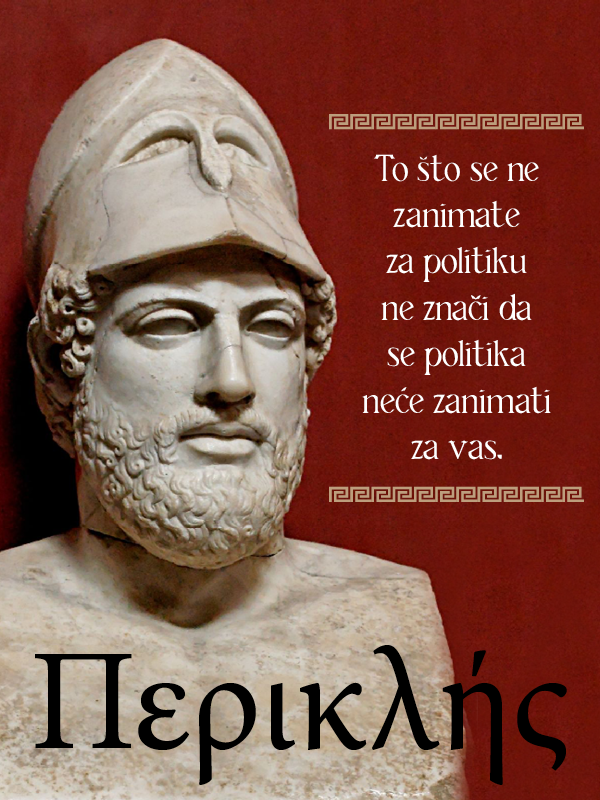
Democracy in Ancient Greece
Democracy in ancient Greece is the foundation of today's system of government. Sovereignty is in the hands of citizens whose majority makes decisions on all issues and elects its representatives in government.
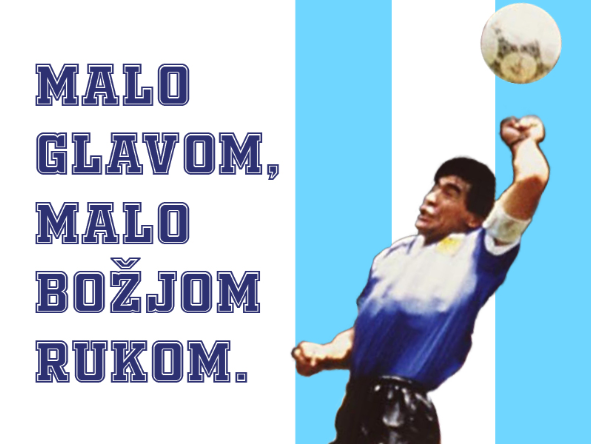
Maradona's famous goal with his hand
Maradona is popularly known as a famous professional football player, and one game remained as especially engraved in the world of this sport. Namely, at the World Cup in Mexico in 1986, Maradona scored the famous goal with his hand. He scored that significant goal in the match against England, and a little later he was called “God\'s hand“.
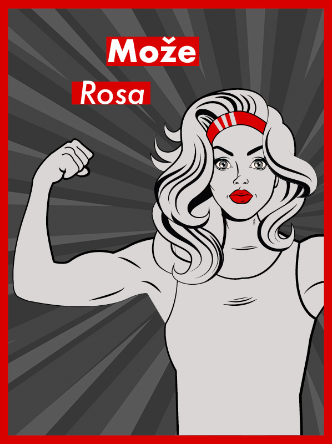
The rights of women
Women's rights represent a long struggle that took place in several significant movements or three waves of feminism. Namely, each of them was permeated by demands for women's rights such as the right to vote, the right to work and the right to education. As the literature shows, this movement dates back to the 19th century, and today it remains a popular movement in the fight against contemporary women's problems.
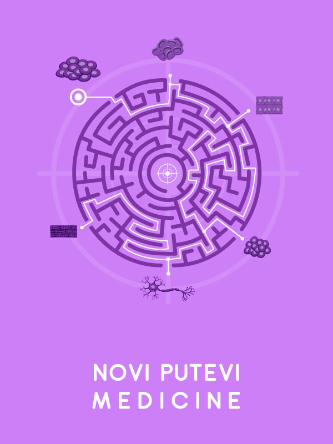
Regenerative medicine
Regenerative medicine is the most modern way of treating human chronic diseases, and its goal is to find ways to cure that cannot be done by conventional methods. The application of stem cells enables the restoration of damaged cells and the healing of the body.
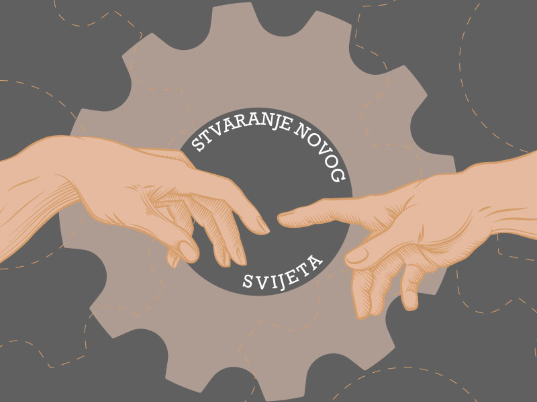
Industrial revolution
The industrial revolution is a turning point in the development of the civilization of the new and modern age. Through the four industrial revolutions that took place, the world changed completely. Machines have replaced hands, and computers have replaced the human brain. The Fourth Industrial Revolution merged technologies and erased the boundaries between the physical, digital, and biological spheres.
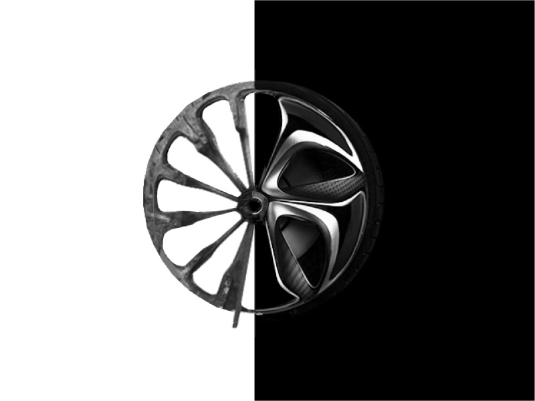
Inventing the wheel in China
The wheel changed human life and the history of civilization. Its revolution is still going on, and symbolically it is tied to perpertuum mobile, infinite motion.
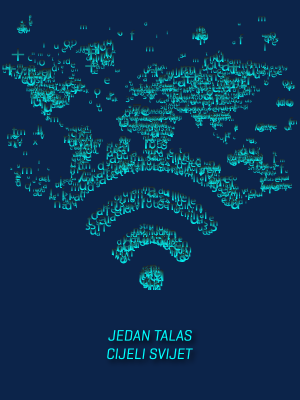
Development of telecommunications
Telecommunication activities date back to ancient times and are most often explained as communication with the aim of exchanging information. Mention is made of perhaps the most developed part of today, or the composition of society without which everyday life cannot be imagined. Alexander Graham Bell is a scientist who is known for his invention of the first telephone, and later the invention of the Bell company. Starting with the transmission of sound over the telephone, Bell left room for advancement for future generations of the profession, and for the sake of life made life easier for people around the world.

Discovery of penicillin
The accidental discovery of the natural antibiotic penicillin in 1928 brought a revolution in medicine. Due to its healing effect on various infectious diseases, it saved the lives of many wounded soldiers during the Second World War, which is why in 1945 the Nobel Prize was awarded to bacteriologist Alexander Fleming, biochemist Ernst Boris Cheyne and pathologist Howard Walter Flori.
Dritanisation is a process of making climate throughout political action where things that seems to be unrealistic to regular citizenship are being accomplished
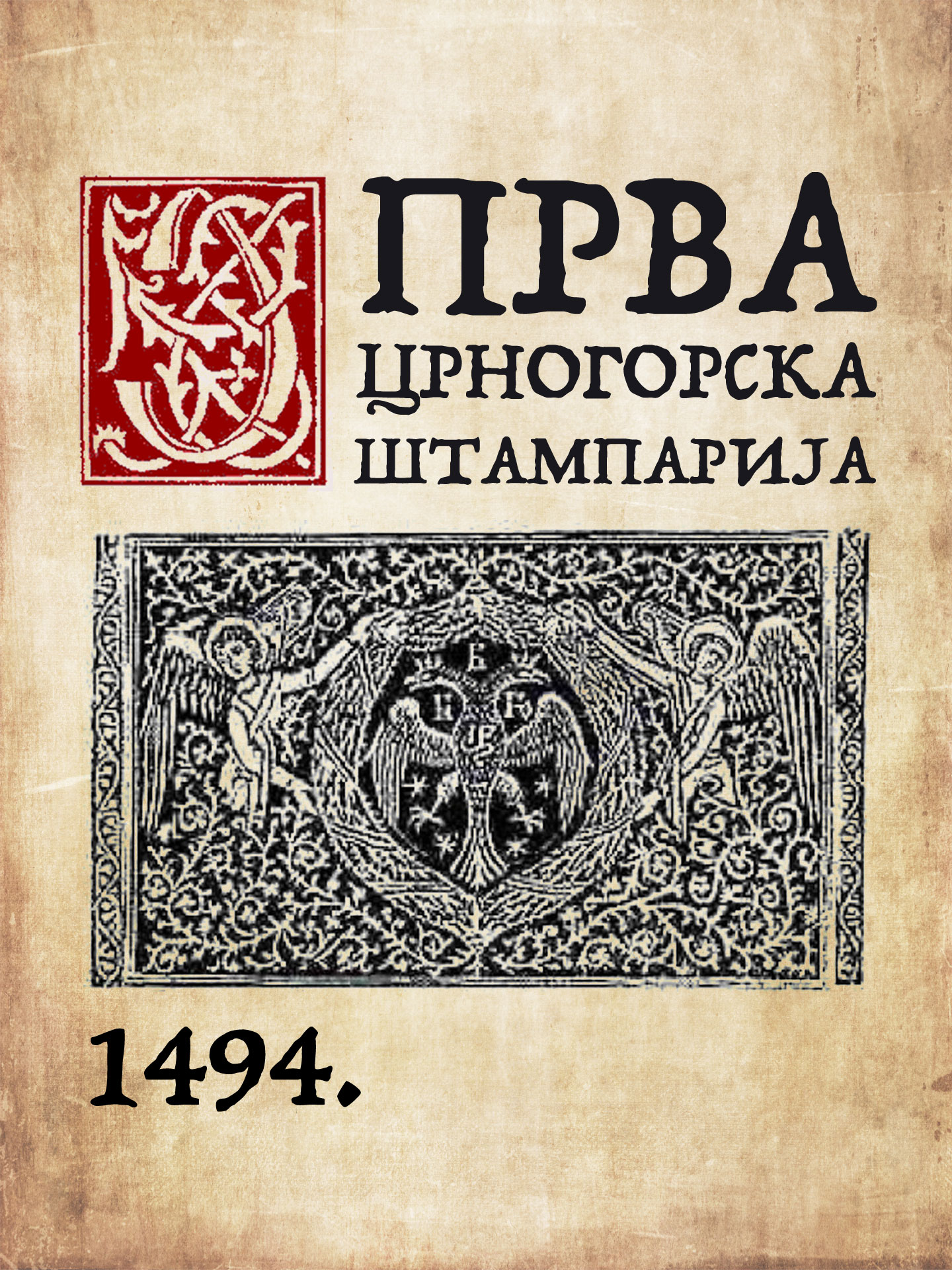
First Montenegrin printing house
The first Montenegrin printing house Crnojević Printing House or Cetinje Printing House is one of the oldest Cyrillic and Slavic printing houses, South Slavic and the first Montenegrin printing house [1], which operated from 1493 to 1496 in Cetinje, under the administration of hieromonk Makarije and under the patronage of Đurđe Crnojević, ruler of Zeta (1490 -1496).
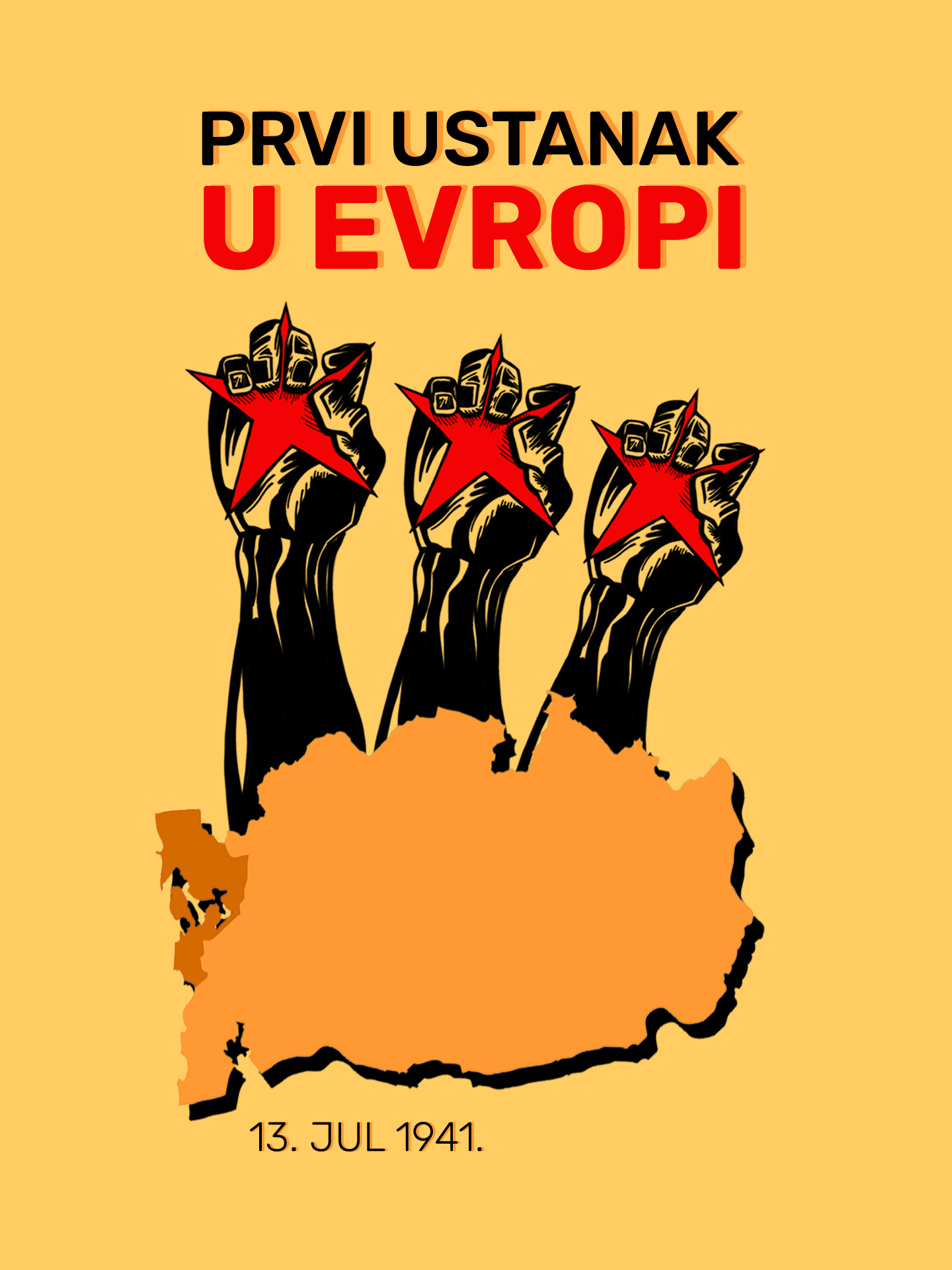
The first uprising in Europe
The July 13 Uprising or Uprising in Montenegro was the largest uprising in occupied Europe in 1941. It began on July 13, 1941, under the leadership of the Communist Party of Yugoslavia, and lasted until mid-August, when it was quelled by a strong Italian offensive. Although planned to a much lesser extent, from the first day the uprising took on the character of a nationwide uprising in which over 30,000 people took part. The insurgents broke up and captured the largest occupying garrison in enslaved Europe, of about 1,000 Italian soldiers and elders.
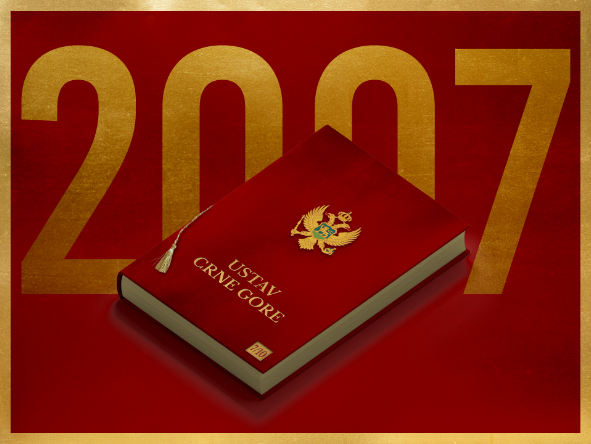
The Constitution of Montenegro was adopted in 2007
The Constitution of the Republic of Montenegro is the highest legal act of Montenegro. It was adopted at the session of the Parliament of Montenegro, which was held on October 19, 2007, and was proclaimed on October 22, 2007. With the entry into force of this constitution, the previous Constitution of Montenegro from 1992 ceased to be valid. With the new constitution, adopted after gaining state independence (2006), Montenegro laid the groundwork for a comprehensive reform of state legislation and a reorganization of the legal order. The adoption of this constitution was accompanied by numerous political debates and disputes, which were related to the protection of the rights and regulation of the position of the Serbian people in Montenegro.
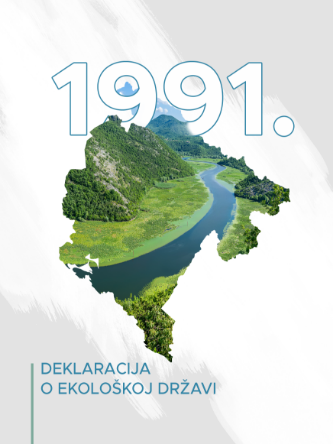
ECO state - 1991
The Declaration on the Ecological State of Montenegro was adopted at the open session of the Parliament held in Žabljak on September 20, 1991.
The declaration defined the country's strategic commitment to adopt and apply the highest standards and norms in the field of environmental protection, nature conservation and economic protection. development on the principles of an ecologically sustainable system.
.png)
Raising the flag on the East River
The Montenegrin flag was flown on the East River in New York in front of the United Nations, after the General Assembly approved the admission of the state of Montenegro to the world organization.
After the Security Council approved Montenegro's candidacy for UN membership, Montenegro officially became 192 country in the world.
.jpg)
Declaration of independence of Montenegro
The referendum on the independence of Montenegro was a referendum on the state independence of the Republic of Montenegro. It was held on May 21, 2006. According to the official results, the majority of citizens who went to the referendum opted for the independence of Montenegro. Out of a total of 484,718 eligible voters, 419,236 (86.49%) went to the referendum. 230,711 citizens voted in favor of independence, which represented 47.5% in relation to the total electorate, ie 55.5% in relation to the total number of valid votes.
.png)
Change of government after 30 years
August 30, 2020, is not so important because of the departure from power of a corrupt regime that abused the state in thirty years of authority and destroyed its economy, nature and institutions. It is important because, for the first time in the history of Montenegrin parliamentarism, the citizens changed their government in the elections, which returned sovereignty to their hands. Now everyone believes that the government can be replaced in the elections.
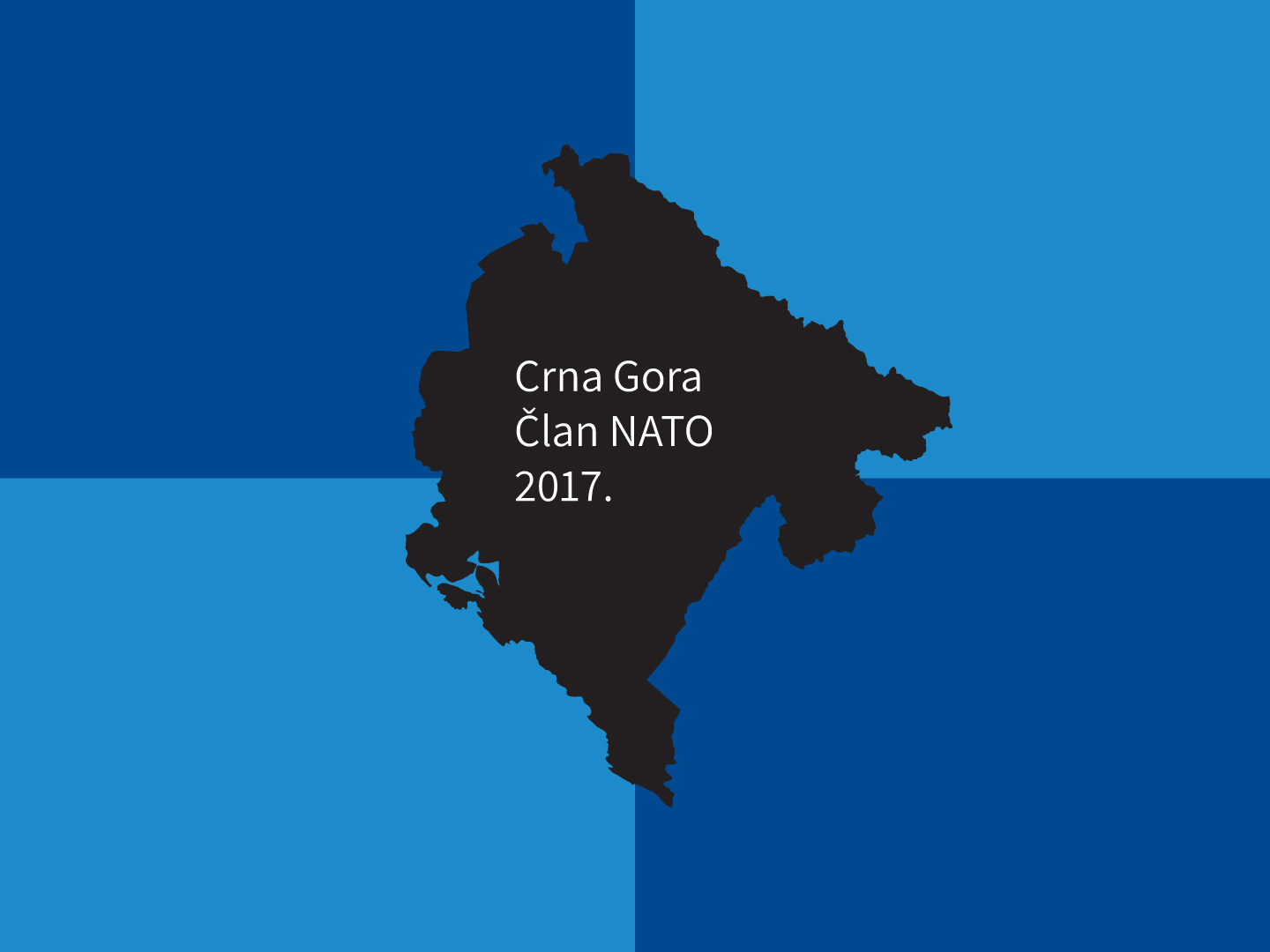
Montenegro - Member of NATO
By joining the Alliance, Montenegro, in addition to an important security component, has entered into an alliance with countries that share the same democratic values. In this way, we have not only gained security in the earthquake-prone area of the Western Balkans, but we have accelerated the process of reform and democratization that is currently taking place in Montenegro.

Abolition of slavery
Slavery is defined as dependence or obedience to someone or something, and is based on a legal, moral and ideological idea. In the slave-owning system, the master is the person who manages the life and activities of the slave, demanding from him total devotion in all fields of life. Such a relationship leaves the slave deprived of human rights and freedoms, and first of all the primary right to life and one's own existence. This type of interpersonal relations led to the outbreak of civil war first in the United States, and resulted in the total abolition of slavery.

Democracy in Ancient Greece
Democracy in ancient Greece is the foundation of today's system of government. Sovereignty is in the hands of citizens whose majority makes decisions on all issues and elects its representatives in government.

Maradona's famous goal with his hand
Maradona is popularly known as a famous professional football player, and one game remained as especially engraved in the world of this sport. Namely, at the World Cup in Mexico in 1986, Maradona scored the famous goal with his hand. He scored that significant goal in the match against England, and a little later he was called “God\'s hand“.

The rights of women
Women's rights represent a long struggle that took place in several significant movements or three waves of feminism. Namely, each of them was permeated by demands for women's rights such as the right to vote, the right to work and the right to education. As the literature shows, this movement dates back to the 19th century, and today it remains a popular movement in the fight against contemporary women's problems.

Regenerative medicine
Regenerative medicine is the most modern way of treating human chronic diseases, and its goal is to find ways to cure that cannot be done by conventional methods. The application of stem cells enables the restoration of damaged cells and the healing of the body.

Industrial revolution
The industrial revolution is a turning point in the development of the civilization of the new and modern age. Through the four industrial revolutions that took place, the world changed completely. Machines have replaced hands, and computers have replaced the human brain. The Fourth Industrial Revolution merged technologies and erased the boundaries between the physical, digital, and biological spheres.

Inventing the wheel in China
The wheel changed human life and the history of civilization. Its revolution is still going on, and symbolically it is tied to perpertuum mobile, infinite motion.

Development of telecommunications
Telecommunication activities date back to ancient times and are most often explained as communication with the aim of exchanging information. Mention is made of perhaps the most developed part of today, or the composition of society without which everyday life cannot be imagined. Alexander Graham Bell is a scientist who is known for his invention of the first telephone, and later the invention of the Bell company. Starting with the transmission of sound over the telephone, Bell left room for advancement for future generations of the profession, and for the sake of life made life easier for people around the world.

Discovery of penicillin
The accidental discovery of the natural antibiotic penicillin in 1928 brought a revolution in medicine. Due to its healing effect on various infectious diseases, it saved the lives of many wounded soldiers during the Second World War, which is why in 1945 the Nobel Prize was awarded to bacteriologist Alexander Fleming, biochemist Ernst Boris Cheyne and pathologist Howard Walter Flori.
Dritanisation is a process of making climate throughout political action where things that seems to be unrealistic to regular citizenship are being accomplished

First Montenegrin printing house
The first Montenegrin printing house Crnojević Printing House or Cetinje Printing House is one of the oldest Cyrillic and Slavic printing houses, South Slavic and the first Montenegrin printing house [1], which operated from 1493 to 1496 in Cetinje, under the administration of hieromonk Makarije and under the patronage of Đurđe Crnojević, ruler of Zeta (1490 -1496).

The first uprising in Europe
The July 13 Uprising or Uprising in Montenegro was the largest uprising in occupied Europe in 1941. It began on July 13, 1941, under the leadership of the Communist Party of Yugoslavia, and lasted until mid-August, when it was quelled by a strong Italian offensive. Although planned to a much lesser extent, from the first day the uprising took on the character of a nationwide uprising in which over 30,000 people took part. The insurgents broke up and captured the largest occupying garrison in enslaved Europe, of about 1,000 Italian soldiers and elders.

The Constitution of Montenegro was adopted in 2007
The Constitution of the Republic of Montenegro is the highest legal act of Montenegro. It was adopted at the session of the Parliament of Montenegro, which was held on October 19, 2007, and was proclaimed on October 22, 2007. With the entry into force of this constitution, the previous Constitution of Montenegro from 1992 ceased to be valid. With the new constitution, adopted after gaining state independence (2006), Montenegro laid the groundwork for a comprehensive reform of state legislation and a reorganization of the legal order. The adoption of this constitution was accompanied by numerous political debates and disputes, which were related to the protection of the rights and regulation of the position of the Serbian people in Montenegro.

ECO state - 1991
The Declaration on the Ecological State of Montenegro was adopted at the open session of the Parliament held in Žabljak on September 20, 1991.
The declaration defined the country's strategic commitment to adopt and apply the highest standards and norms in the field of environmental protection, nature conservation and economic protection. development on the principles of an ecologically sustainable system.
.png)
Raising the flag on the East River
The Montenegrin flag was flown on the East River in New York in front of the United Nations, after the General Assembly approved the admission of the state of Montenegro to the world organization.
After the Security Council approved Montenegro's candidacy for UN membership, Montenegro officially became 192 country in the world.
.jpg)
Declaration of independence of Montenegro
The referendum on the independence of Montenegro was a referendum on the state independence of the Republic of Montenegro. It was held on May 21, 2006. According to the official results, the majority of citizens who went to the referendum opted for the independence of Montenegro. Out of a total of 484,718 eligible voters, 419,236 (86.49%) went to the referendum. 230,711 citizens voted in favor of independence, which represented 47.5% in relation to the total electorate, ie 55.5% in relation to the total number of valid votes.
.png)
Change of government after 30 years
August 30, 2020, is not so important because of the departure from power of a corrupt regime that abused the state in thirty years of authority and destroyed its economy, nature and institutions. It is important because, for the first time in the history of Montenegrin parliamentarism, the citizens changed their government in the elections, which returned sovereignty to their hands. Now everyone believes that the government can be replaced in the elections.

Montenegro - Member of NATO
By joining the Alliance, Montenegro, in addition to an important security component, has entered into an alliance with countries that share the same democratic values. In this way, we have not only gained security in the earthquake-prone area of the Western Balkans, but we have accelerated the process of reform and democratization that is currently taking place in Montenegro.


